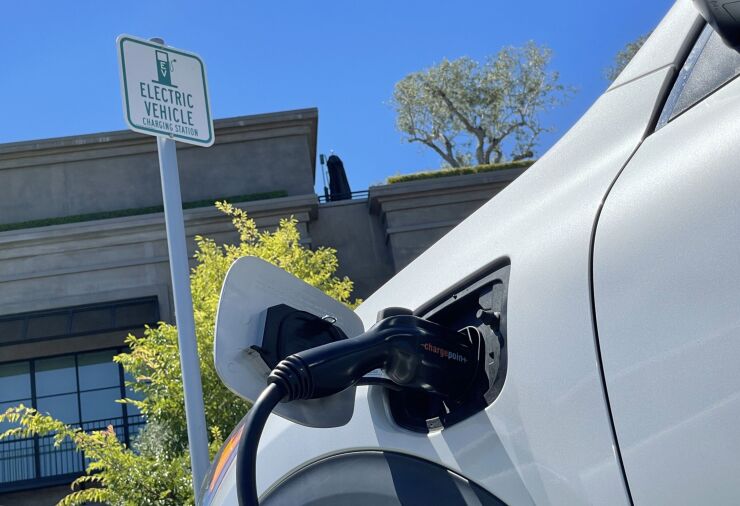The Internal Revenue Service has updated its frequently asked questions to offer more guidance on what kinds of components can be used in electric vehicles to qualify for tax credits.
The guidance comes after the
The FAQ revisions involved Topic A: Eligibility Rules for the New Clean Vehicle Credit, where the IRS added Questions 13 and 14 and the accompanying answers.
Question 13 asks, "If I place a vehicle in service in 2024, and it has battery components manufactured by a foreign entity of concern but it meets the critical mineral applicable percentage requirements for 2024, does my vehicle qualify for the $3,750 portion of the new clean vehicle credit for meeting critical mineral requirements?"
The answer is no. A vehicle placed in service after Dec. 31, 2023, with battery components manufactured or assembled by a foreign entity of concern is not eligible for any amount of new clean vehicle credit, as statutorily provided in section 30D(d)(7)(B) of the Tax Code. "If a vehicle has any battery components that were manufactured or assembled by a foreign entity of concern, then the vehicle is no longer considered a new clean vehicle and therefore is not eligible for a partial new clean vehicle credit ($3,750)," says the guidance.

Question 14 asks, "Is a qualified manufacturer required in its written report to make an attestation under penalties of perjury, demonstrating compliance with the foreign entity of concern requirements of section 30D?"
The answer in this case is yes. "A qualified manufacturer is required to include in its written report the following attestation: 'Under penalties of perjury, I declare that I have examined this certification, including accompanying documents, and to the best of my knowledge and belief, the facts presented in support of this certification are true, correct, and complete.' As such, a qualified manufacturer's attestation of compliance with the foreign entity of concern requirements should be made to the best of the qualified manufacturer's knowledge and belief."





